Unsent But Unforgotten: Exploring the Unsent Messages Project and Its Emotional Impact
In a world dominated by instant messaging and constant connectivity, the Unsent Messages Project offers a profound and refreshing alternative: a space where words are meant to be written, but never sent. The Unsent Messages Project is a digital sanctuary where people anonymously share messages they’ve written but could never bring themselves to send. These messages can be about lost love, unresolved pain, forgiveness, or even unspoken gratitude—expressions too personal or too painful to deliver but too heavy to hold inside.
The growing popularity of this project is more than a digital trend. It reflects a broader emotional and psychological need in our fast-paced, emotionally restrained world. As more users turn to the platform for release, it becomes clear that unsent messages hold a deeper power: they capture raw, unfiltered emotion and provide a unique path toward emotional clarity. This article delves into what the Unsent Messages Project is, why it matters, and how it serves as a modern tool for personal healing and collective empathy.
Whether you’re familiar with the project or discovering it for the first time, this exploration will guide you through its emotional resonance and cultural relevance, shedding light on why something as simple as an unsent message can have a lasting impact.
What Is the Unsent Messages Project?
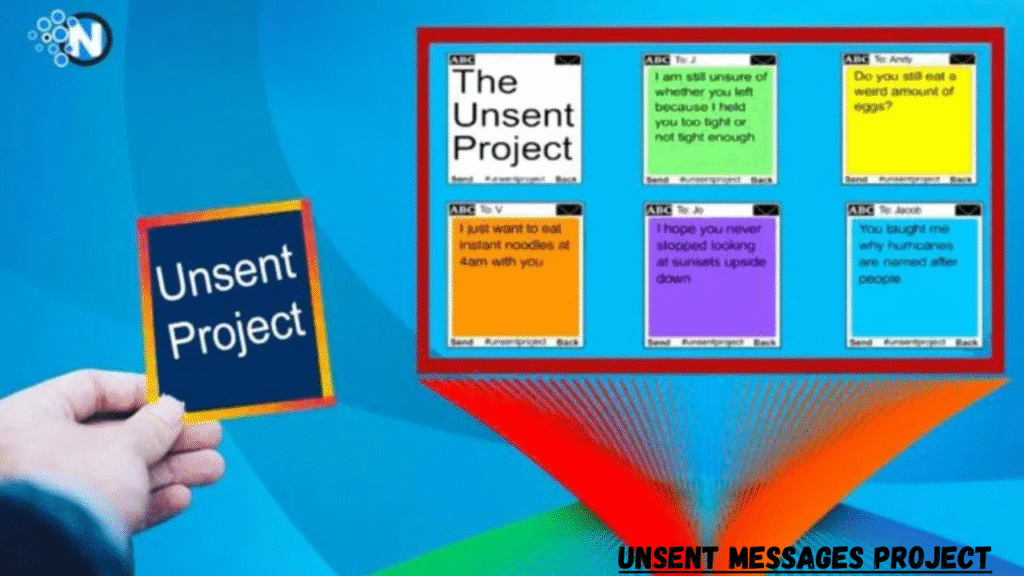
The Unsent Messages Project is an online platform that allows individuals to submit messages they never intend to send. These messages can be to loved ones, friends, enemies, or even to themselves. Born from the desire to express without confrontation, this project gives voice to internal dialogues that might otherwise remain suppressed. What started as a quiet corner of the internet has grown into a global movement of emotional expression and release.
One of the key reasons for the project’s popularity is its accessibility. People can participate without needing to register or disclose personal information. The messages are usually anonymous and raw, often conveying deeply personal emotions. Users find comfort in knowing their words are out there, even if the recipient never sees them. This aspect taps into the human need to be heard, even if it’s just by strangers.
The project appeals to a wide demographic, including teenagers processing heartbreak, adults dealing with unresolved trauma, and even seniors reflecting on decades of unspoken memories. It functions not just as a platform but as a community—one where silence is transformed into written expression, and private thoughts are given a public yet safe outlet.
The Psychology Behind Unsent Messages
At the heart of the Unsent Messages Project lies a fascinating psychological mechanism: the healing power of unspoken expression. Writing a message you’ll never send can be surprisingly therapeutic. It allows people to explore and externalize thoughts that are too painful, too risky, or too complex to say aloud. This emotional offloading can lead to catharsis—a cleansing sense of relief from confronting and expressing deeply held feelings.
Psychologists often liken this process to journaling, which has long been associated with improved mental health. Like a journal entry, an unsent message is a private act of self-expression. But unlike traditional journaling, the knowledge that others may read your anonymous words adds a layer of validation. Readers often find themselves relating to these messages, forming silent bonds with strangers who feel the same.
The themes in the messages are diverse—apologies never made, confessions of love, expressions of grief, or forgiveness never granted. This variety highlights the universality of human emotion. We all have things left unsaid, and the project serves as a mirror, reflecting the collective ache of things left unresolved. It’s this emotional resonance that gives the project its staying power and its healing potential.
How the Unsent Messages Project Works
Submitting a message to the Unsent Messages Project is simple yet profound. Users visit the project’s website or social media page, write out their message, and click send. There’s no requirement to include a name, email address, or identifying information. This anonymity encourages honesty, allowing people to be their most authentic selves without fear of judgment or consequence.
Once a message is submitted, it undergoes a basic moderation process. This ensures content is safe and adheres to community guidelines—no hate speech, personal attacks, or triggering content that could harm others. Selected messages are then published on the platform’s homepage or featured on their Instagram and TikTok feeds, where thousands of readers can engage and connect.
Some messages gain viral attention due to their relatability. A simple line like, “I still think about you every night,” can garner thousands of likes, shares, and emotional comments. While the senders remain anonymous, their feelings echo widely, proving that even in silence, there’s solidarity. The project thus acts as both a diary and a stage—private in creation, public in resonance.
The Cultural and Social Significance of Unsent Messages
The Unsent Messages Project is more than an emotional outlet; it’s a cultural artifact of the digital age. In a time when social media often showcases filtered realities, this project offers an unfiltered truth. It strips away the polish and presents vulnerability in its rawest form. As such, it plays a vital role in humanizing the online experience and promoting emotional literacy.
Modern communication is fast, fragmented, and often superficial. The Unsent Messages Project challenges this norm by inviting depth, reflection, and pause. It gives people space to process before they speak—or choose not to speak at all. This is especially relevant in today’s cancel culture and polarized social environments, where words carry heavy consequences.
Additionally, the project has influenced art, literature, and media. Poets, screenwriters, and digital artists often draw inspiration from these messages, using them to explore themes of memory, identity, and connection. The platform has become a silent collaborator in modern storytelling, giving voice to emotions many struggle to articulate.
In short, the Unsent Messages Project is reshaping how we understand communication—not as something that always needs a reply, but sometimes as something that simply needs to be said.
Conclusion
The Unsent Messages Project stands as a testament to the power of expression without expectation. It proves that healing doesn’t always come from confrontation or closure but sometimes from simply putting feelings into words. By creating a platform for anonymous emotional release, the project invites people around the world to unburden their hearts in a safe and meaningful way.
In an age of curated posts and performative perfection, the raw, heartfelt messages on this platform are a breath of fresh air. They remind us that silence doesn’t mean emptiness and that every unsent message holds a story worth acknowledging. Whether you’re looking to reflect, to heal, or simply to connect, the Unsent Messages Project offers a powerful place to begin.
FAQs
Is the Unsent Messages Project completely anonymous?
Yes, users do not need to provide any personal information, and submissions are not traceable unless the writer includes identifying details themselves.
Can I read other people’s messages on the platform?
Absolutely. Many messages are shared on the official website and social media platforms like Instagram and TikTok.
What happens after I submit a message?
Your message goes through a moderation process. If it meets the community guidelines, it may be published publicly.
Is the project safe for people experiencing mental health crises?
While the platform is emotionally supportive, it’s not a substitute for professional help. People in crisis are encouraged to seek assistance from mental health professionals.
Can I delete or edit my message once it’s published?
Because the project is anonymous, there is typically no way to edit or remove a message once submitted. Consider this carefully before sharing sensitive content.
You May Also Read:https://otswroldtime.com/the-unsent-project/
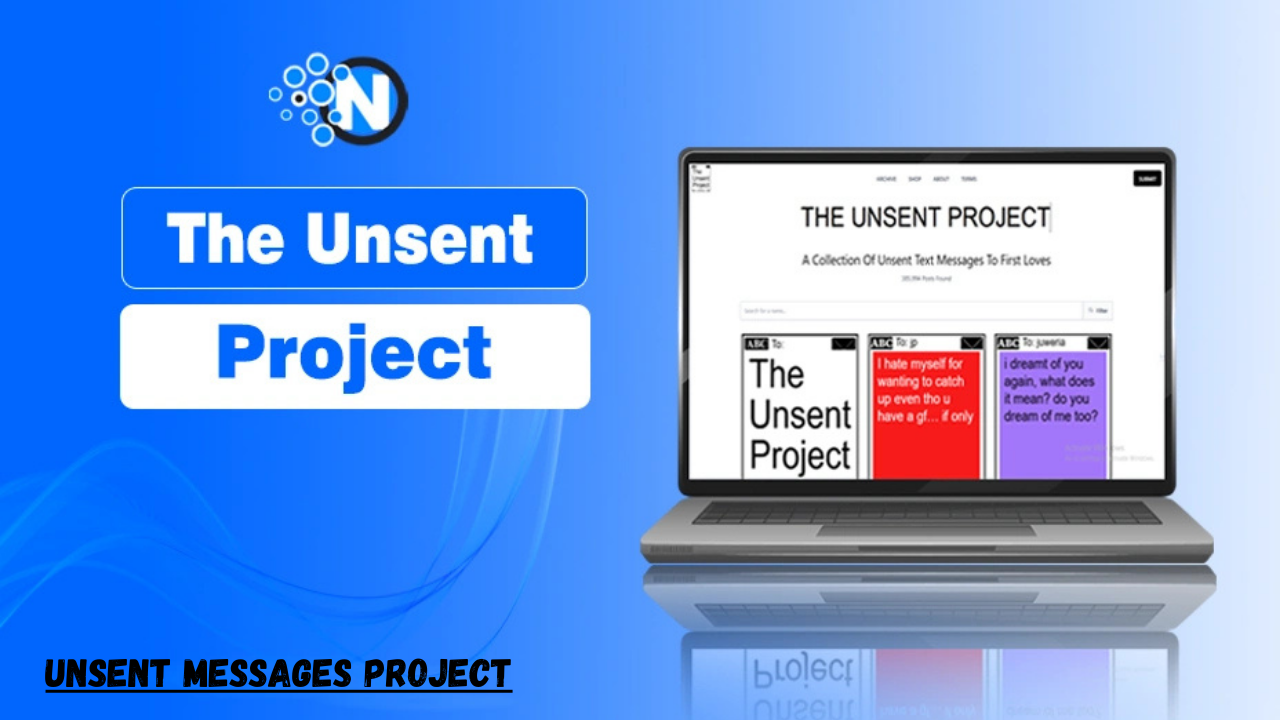
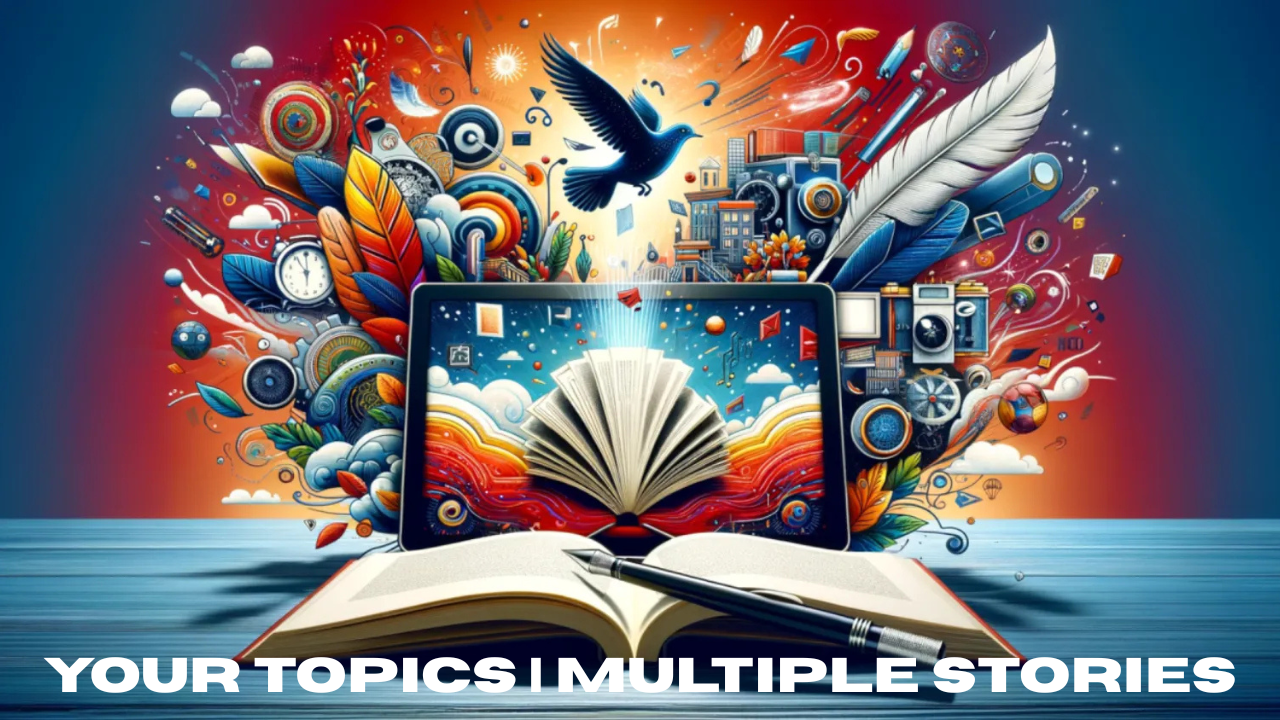








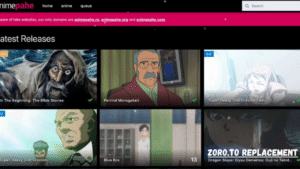

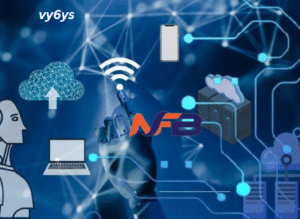

Post Comment